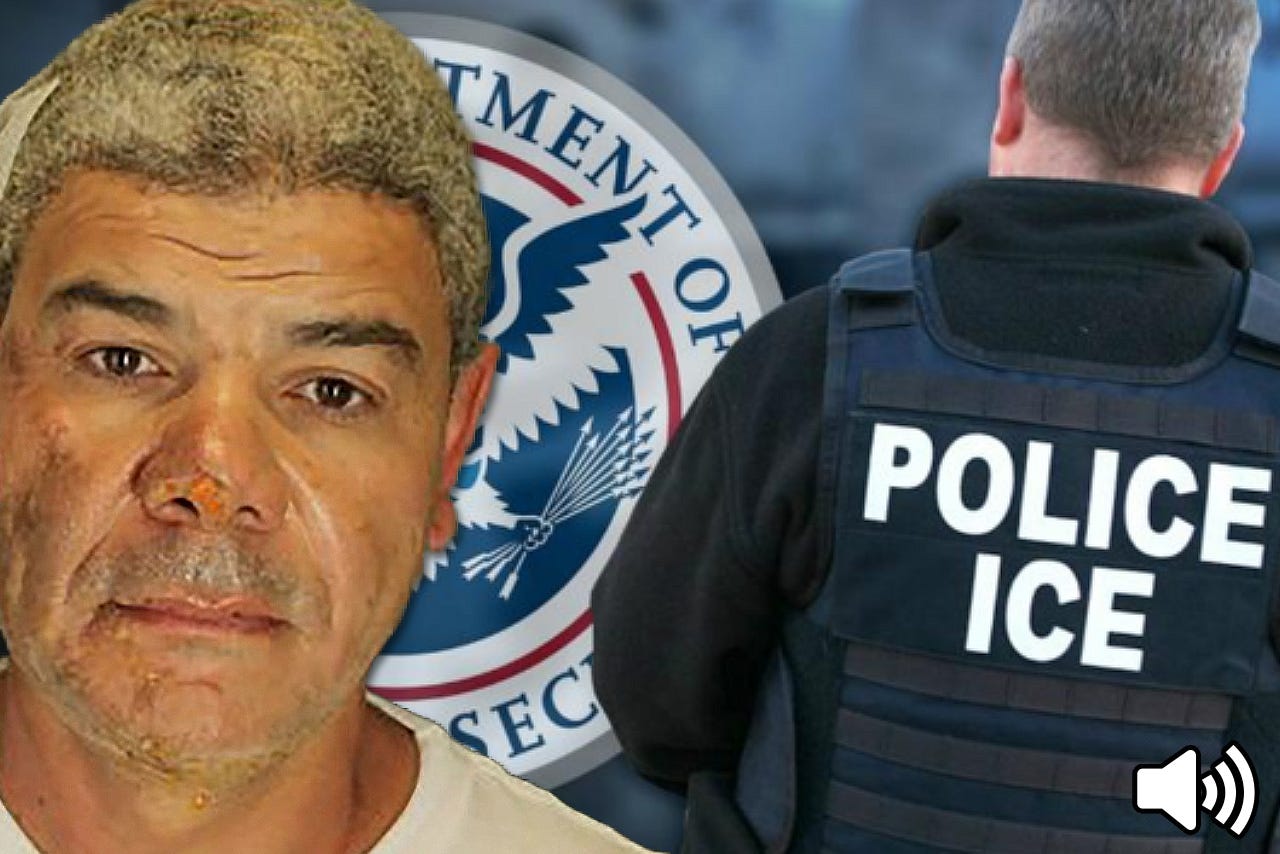The rule of law is the cornerstone of a sovereign nation, and its strict enforcement is essential to maintaining order, security, and the will of the American people. Deviating from legislated statutes, except as mandated by constitutionally required due process, undermines the foundation of our Republic.
The deportation case of the Soliman family, following the terrorist attack in Boulder, Colorado, on June 1, 2025, highlights the urgent need to enforce immigration laws without compromise. This case also exposes a troubling pattern of US District Court judges obstructing the Trump administration’s agenda, particularly on immigration, by extending to non-citizens constitutional protections reserved for US citizens.
Compounding this issue is Congress’s failure to exercise its constitutional authority to limit the scope of these courts, despite growing public demands for reform, allowing judicial activism to flourish unchecked.
Mohamed Sabry Soliman, an Egyptian national, admittedly firebombed a pro-Israel rally in Boulder, injuring 15 people and a dog while shouting “Free Palestine.” Soliman, who displayed no regret for his actions and who stated he would do it again, given the chance, overstayed a tourist visa that expired in February 2023. Although he applied for asylum, he was living in the US illegally.
On June 3, 2025, Immigration & Customs Enforcement (ICE) detained his wife, Hayam El Gamal, and their five children, all Egyptian nationals, for expedited removal to investigate potential ties to Soliman’s attack. This action was a lawful exercise of executive authority under the Immigration & Nationality Act, prioritizing national security. Yet, US District Judge Gordon P. Gallagher, a Biden appointee, issued a temporary restraining order on June 4, 2025, halting their deportation, citing “irreparable harm” without extended due process. This ruling exemplifies a judiciary overstepping its bounds, misapplying constitutional protections to non-citizens, and obstructing the Trump administration’s lawful agenda.
Non-citizens, especially those in the US unlawfully, do not enjoy the full spectrum of constitutional rights granted to American citizens. The US Constitution provides limited protections to all persons within US borders, but rights such as voting, certain due process guarantees, and protections against self-incrimination are reserved for citizens. Legal experts, including Stephen Yale-Loehr, affirm that non-citizens, like the Soliman family, are subject to deportation for visa violations or national security risks. The Trump administration’s move to detain and deport them aligns with statutory law and the president’s authority under 8 USC 1182(f). Granting them excessive due process, as Judge Gallagher did, distorts the Constitution’s intent and erodes the distinction between citizen and non-citizen, jeopardizing public safety.
The progressive notion of relative truth, which argues that immigration enforcement should bend to individual circumstances, is a dangerous fallacy. Laws exist to protect our nation and its citizens, not to accommodate subjective narratives. Soliman’s admitted year-long planning of the attack raises legitimate questions about his family’s knowledge and/or involvement, justifying their detention. Yet, judges like Gallagher prioritize speculative harm to non-citizens over the tangible risks to Americans, defying the 77 million voters who supported Trump’s stringent immigration policies in 2024.
This judicial overreach is not an isolated incident but part of a broader pattern, with judges like James Boasberg and Charlotte Sweeney blocking deportations of violent, gang-associated Venezuelan nationals, often under questionable legal pretexts. Boasberg’s March 2025 order, criticized for its “intemperate” tone, exemplifies a judiciary intent on rewriting immigration law from the bench, thus blatantly violating the Separation of Powers.
Congress holds the constitutional power under Article III to limit the jurisdiction of US District Courts, yet it has so far failed to act despite growing public frustration. Americans have repeatedly demanded reforms to curb judicial activism, particularly in immigration cases, where unelected judges openly thwart the will of the electorate. Congress could restrict the courts’ ability to issue injunctions against executive actions or limit their review of immigration cases, as scholars like Josh Blackman have suggested. However, legislative inaction has allowed judges to continue issuing nationwide injunctions, such as Gallagher’s, that paralyze the Trump administration’s efforts. This failure emboldens activist judges and undermines the Separation of Powers, leaving the Executive and the public at the mercy of an unaccountable judiciary.
The Soliman case underscores the consequences of this inaction. By halting the family’s deportation, Gallagher delayed justice and signaled that the US legal system can be exploited to shield non-citizens from accountability. This ruling, like others, risks a constitutional crisis by encroaching on the president’s clear authority to secure the nation’s borders.
To date, the public’s demand for Congress to rein in the courts has gone unanswered, allowing judges to prioritize ideological agendas over statutory law. The Trump administration’s expanded use of expedited removal in January 2025, targeting those in the US for up to two years, is a lawful response to illegal immigration. Yet, judicial interference continues to obstruct these efforts.
The American people deserve a government that enforces its laws without deviation, especially in matters of national security. Congress must act to limit the scope of US District Courts, aligning their jurisdiction with the Constitution and public will. The Soliman family’s detention was a necessary step to investigate their potential role in a terrorist act, and their deportation should proceed without judicial obstruction.
The bottom line here is this: Non-citizens do not have an inherent right to remain in the US, particularly when their presence poses a risk. The progressive relativism that clouds this truth has no place in a nation governed by clear statutes; in “a nation of laws, not of men,” as John Adams so aptly put it. Judges who obstruct the law, and a Congress that fails to check them, betray the American people and jeopardize the nation’s safety.
The Trump administration must press forward, using every legal tool to protect America’s borders and citizens, undeterred by judicial or congressional inaction. It is time to embrace Trump’s rough-edged approach to government. For the good of the Republic. For the safety of our people.
Then, when we return, our segment on America’s Third Watch, broadcast nationally from our flagship station WGUL AM860 & FM93.7 in Tampa, Florida.
In Closing…
In a world shaped by politics and current events, we’re not just bystanders—we’re guardians of truth, duty-bound to uphold America’s core principles.
Staying informed is a stand against deception, a commitment to cut through chaos, hold power accountable, and safeguard our Republic’s freedom
Truth goes beyond headlines; it fuels honest conversations with family, friends, and strangers, rebuilding unity and uncovering common ground. Connection is our strength, more powerful than any ballot or campaign, pulsing through our nation’s spirit.
So, chase truth relentlessly—speak it, share it, let it ignite your choices and passion for America’s imperfect dream. As citizens, we’re a vibrant fellowship, united by liberty, justice, and the pursuit of a more perfect union, always within reach.


















